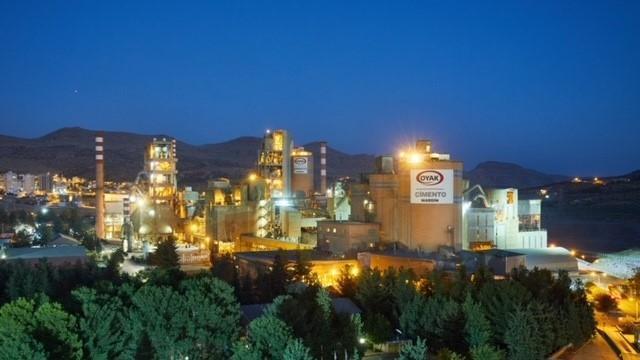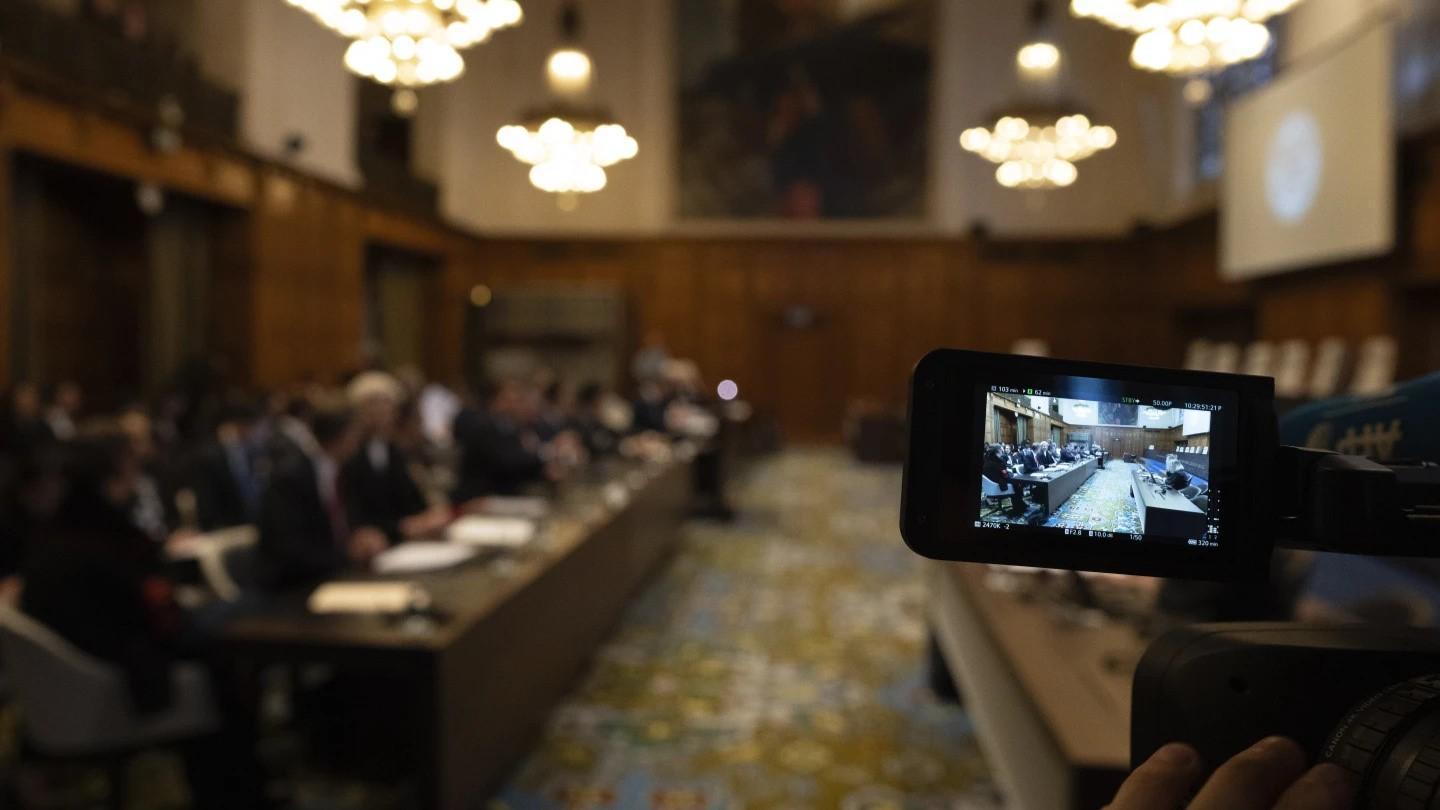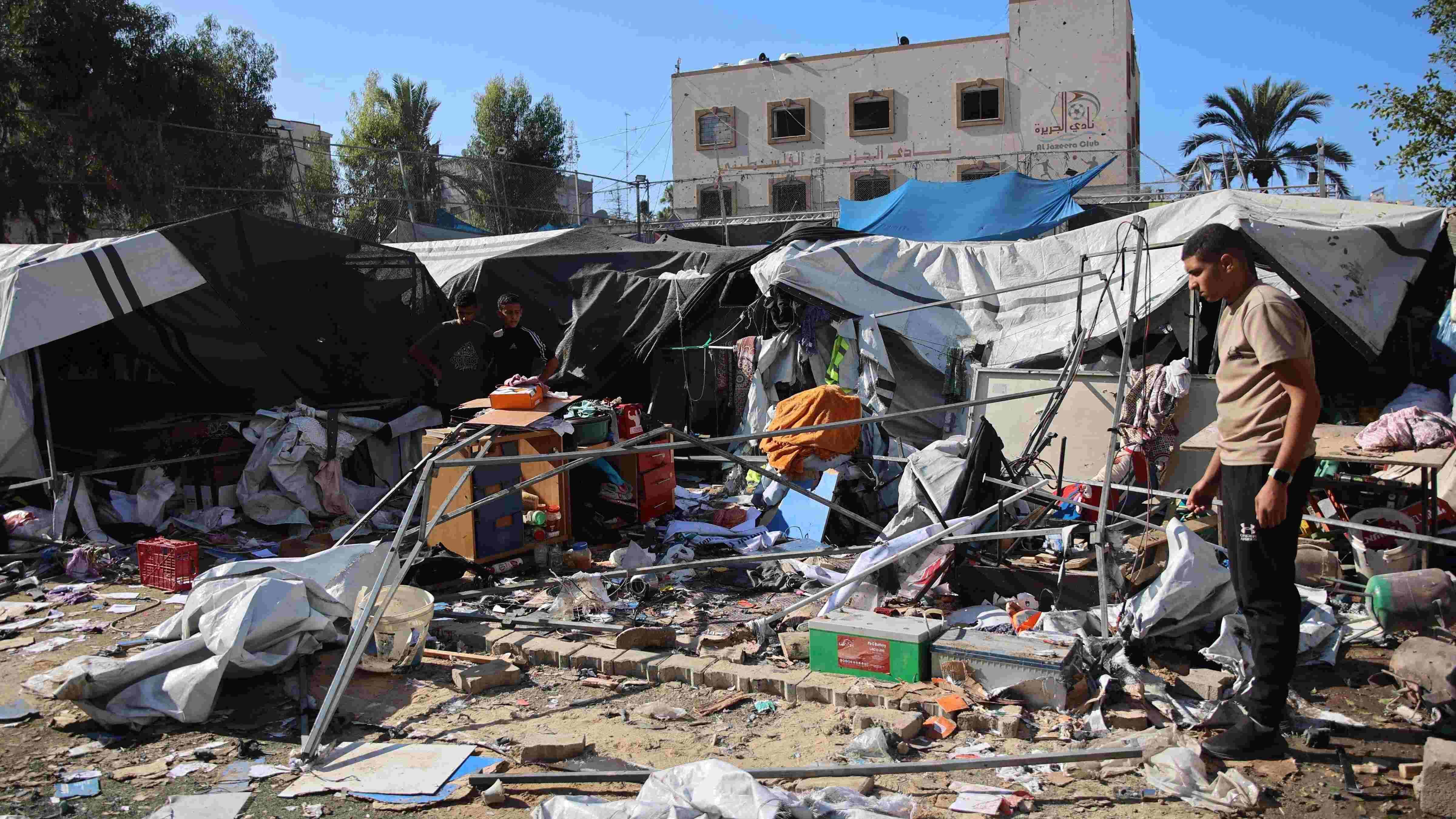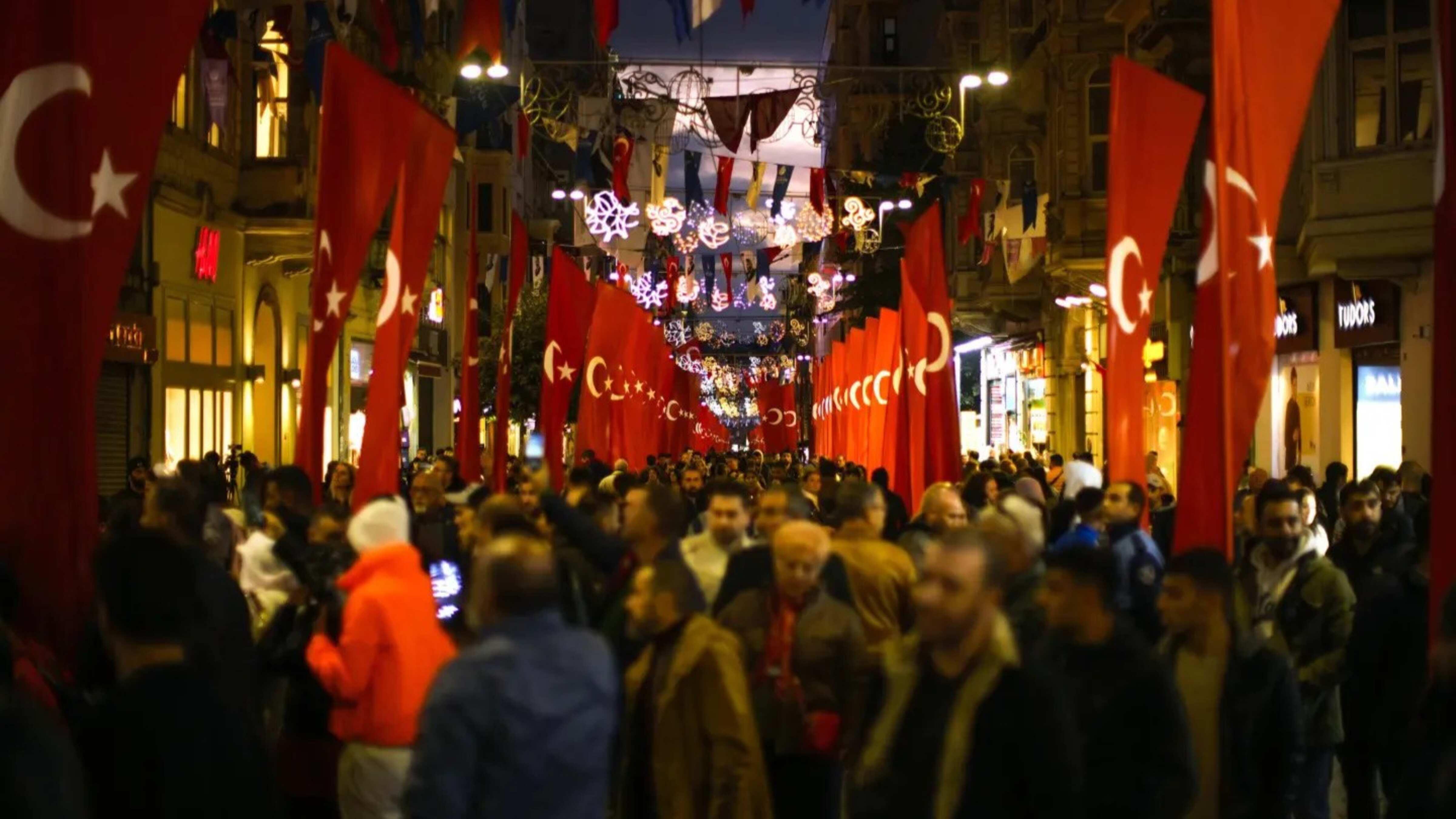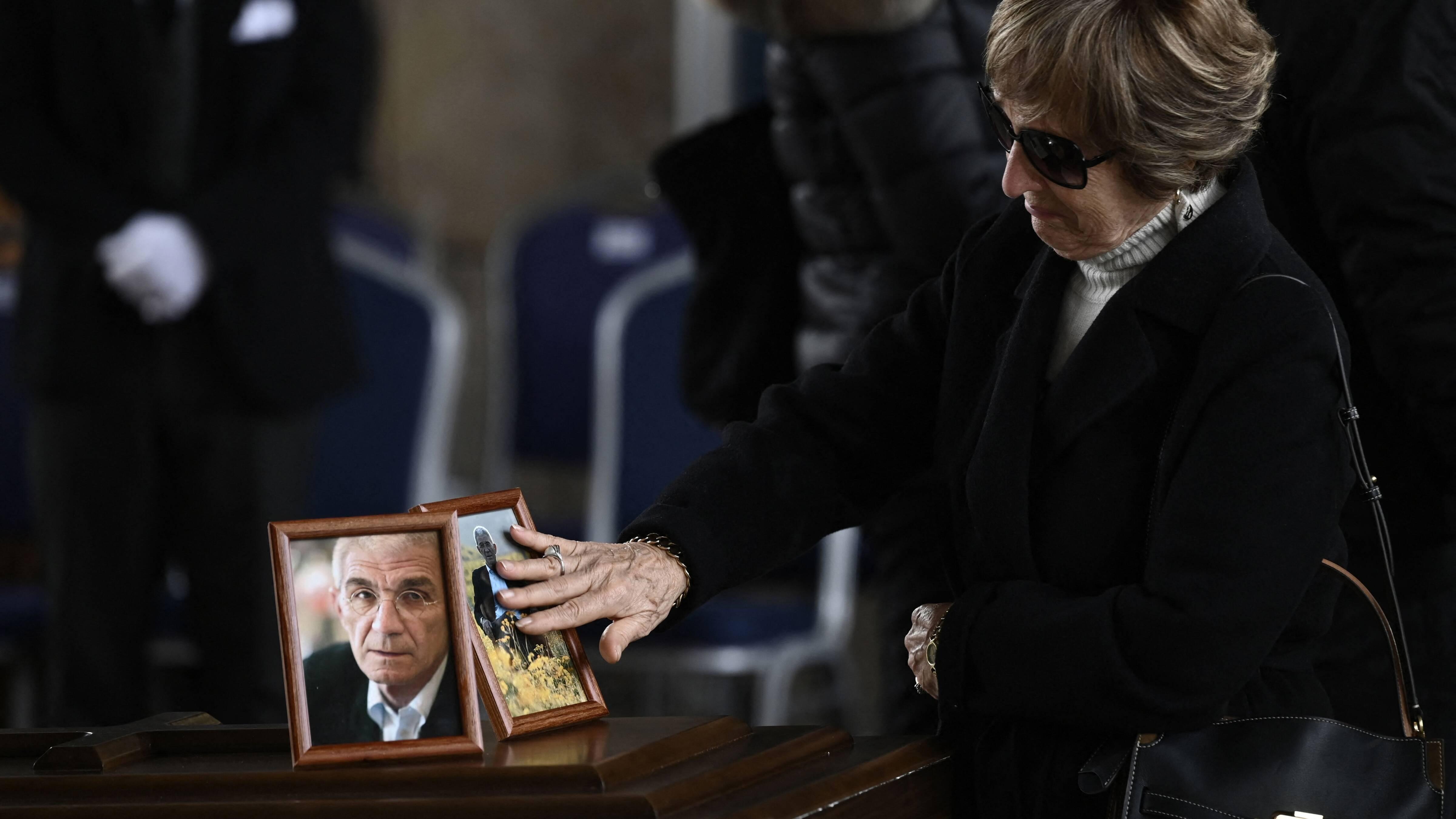Al-Assad outfoxes Ankara
Ankara appears to have painted itself into a corner on Syria. Its expectation was that the uprising in that country would not drag on for long and that Bashar al-Assad would be toppled relatively quickly – the way it happened in Tunisia, Egypt and Libya – with Turkey emerging as a key mentor for the new Syria.
This also fitted neatly into Foreign Minister Ahmet Davutoğlu’s grand vision for Turkey in the region. But, as the Turkish saying goes, “the sums done at home did not match the market place.” Al-Assad has proved himself to have more staying power than many expected. He has also proved himself to be a wily player of regional and international balances.
He has thus successfully tapped into the power-play between Sunni and Shiite regimes and is getting vital material support from Iran and moral support from Shiites and Alevis scattered across the region. On the global level he has tapped into the rivalry between Russia and the West in general and the United States in particular.
Moscow no longer hides that fact that it is also continuing to supply Damascus weapons.
All of this has made short shrift of Ankara’s plans, especially considering the fact that it was only a year ago that Prime Minister Recep Tayyip Erdoğan and al-Assad were inaugurating the construction of a “Friendship Dam” on the Orontes River between the two countries. Now they are exchanging barbs and the two countries are facing a situation that some say may even lead to a hot military confrontation.
In the meantime Ankara has given up on “unilateral plans” for the region and is back on the “multilateral level” in trying to address the situation in Syria. This is why it is investing much hope in the “Friends of Syria” meeting to be held in Turkey at the beginning of May.
Ankara’s confusion over Syria is also apparent in some of the contradictory signals it is giving out. For example, the Erdoğan government is calling on the international community “to act in order to stop al-Assad from killing his people.” But at the same time it is indicating that it wants no foreign military intervention in that country.
In saying this, though, it is not clear what the “international action” Turkey wants is. In addition to this, Erdoğan is not discounting the possibility of a buffer zone in Syria for refugees. But Ankara is not clear how this would be enforced if it does not want international military intervention, which will be necessary since al-Assad is hardly likely to allow an infringement of Syria’s sovereignty and territorial integrity.
In the meantime, Syrian forces continue to push forward with Iranian and Russian help. It is clear that this is not “an indiscriminate killing campaign,” but a well-thought-out strategy based on the expectation that sooner or later diplomacy will have to come into play. Put another way, al-Assad is trying to secure as much land as possible before negotiations start.
It is also interesting to note that Turkey is ready for an influx of refugees and has factored in the possibility of up to half a million people arriving on its territory seeking refuge. There are those say this is a grossly exaggerated figure. It seems, however, that Ankara cannot overlook the possibility that al-Assad may actually want to push the predominantly Sunni population toward Turkey as part of his overall strategy to secure land for himself.
Such an eventuality would of course be the source of a major headache for Ankara, which also has to consider that it, too, has a large Alevi population which is not all that pleased about Turkey’s stance on Syria.
The bottom line is that al-Assad – albeit in the most appallingly inhuman way – has thus far outfoxed Erdoğan and Davutoğlu, and it seems he will be around for much longer than Ankara expected or is prepared for.



